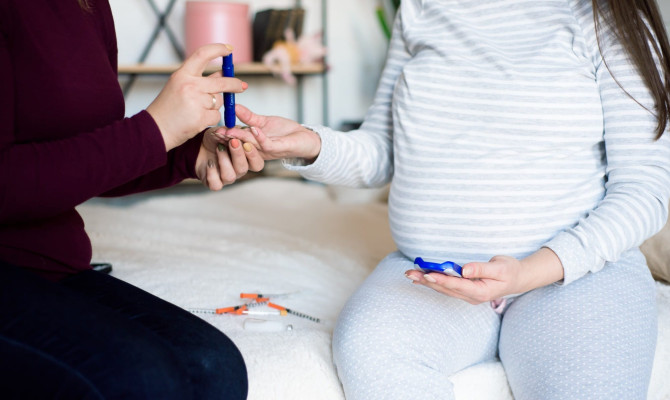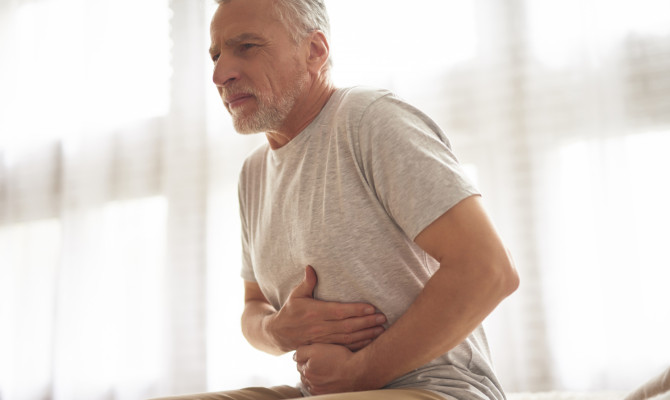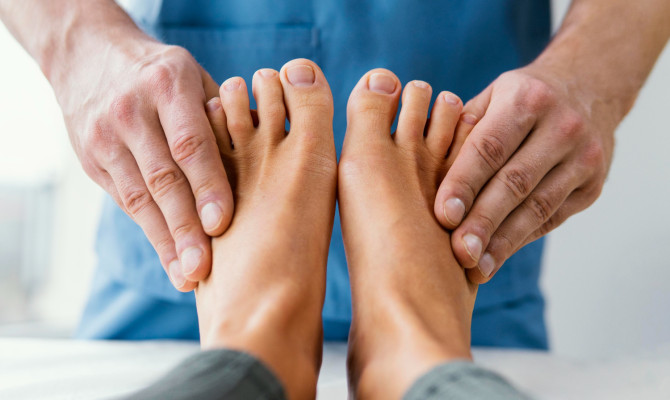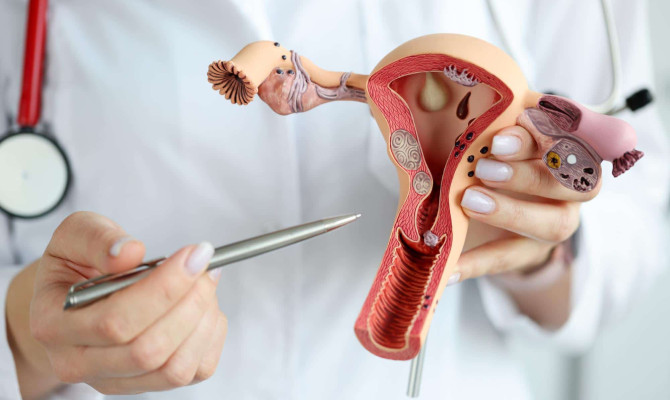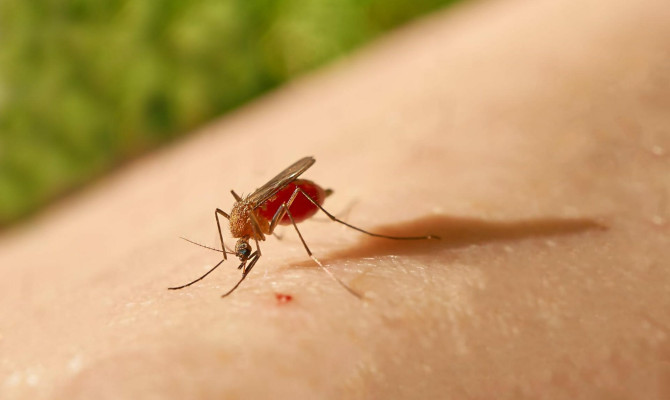All about Norovirus: Transmission, Symptoms, Diagnosis and Treatment

- Norovirus
- 22 Aug 2023
Overview
What is Norovirus?
Norovirus is an extremely infectious virus that causes gastroenteritis, an inflammation of the gut and intestines, and makes people sick with loose stool, nausea, and/or stomach discomfort. Although the virus has certain symptoms in common with the flu (influenza), it is unrelated to the illness.
The Norovirus comes in a variety of forms (strains) that belongs to the Caliciviridae family of viruses, which generally cause gastroenteritis in an individual. There are 10 groups and 48 types in this family with GII.4 (strain) considered to be the most common type.
Norovirus is easily transmitted through personal contact or from infected objects or food. Norovirus doesn’t have a vaccine as it lasts only a few days before it is gone.1Overview| Researched based study from Cdc.gov , 2Overview| Researched based study from Nhs.uk ,3Overview| Researched based study from Clevelanclinic.org
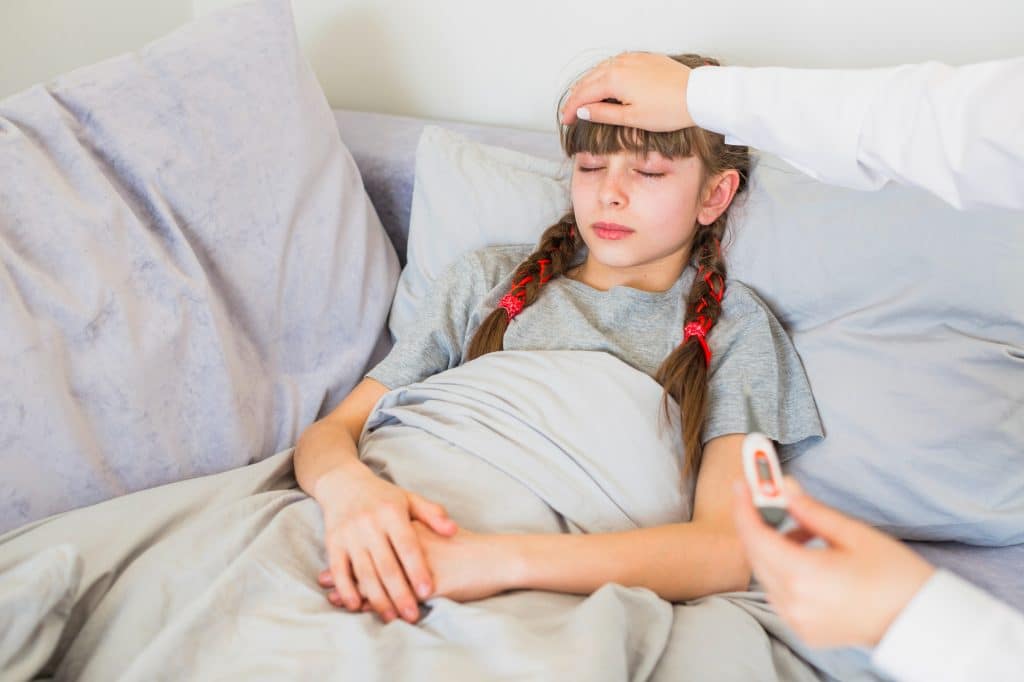
Causes
What is the cause of Norovirus?
- Norovirus is caused by a member of the Caliciviridae virus family which causes gastroenteritis, a condition that occurs due to inflammation of the stomach and intestines resulting in symptoms such as nausea, vomiting, and/or diarrhea in affected individuals.3Causes| Researched based study from Clevelandclinic.org
Transmission
How Norovirus is spread?
You can contract Norovirus by accidentally ingesting microscopic vomit or feces from a person who has the illness. If you contract a Norovirus sickness, you may expel billions of invisible viral particles in the air which may spread and infect other people.
Norovirus can be acquired by means of:
- Consuming food that has been handled by a person who has the Norovirus after being in close contact with them in any way, including by providing care, and/or sharing utensils for eating food
- Eating or drinking food or beverages that have been infected with the virus.
- Placing your unclean hands in your mouth after interacting with Norovirus-contaminated surfaces or objects.1Transmission| Researched based study from Cdc.gov
How contagious is Norovirus?
- Norovirus is extremely contagious because it just takes a few particles to infect another person. It only takes 12 to 48 hours for symptoms to appear once a person has been exposed to the virus.3Transmisiion| Researched based study from Clevelandclinic.org
Symptoms
What are the symptoms of Norovirus?
Frequently seen signs include:
- Diarrhea
- Vomiting
- Nausea
- Abdominal pain
Uncommon symptoms include:
- Fever
- Headache
- Body aches.1Symptoms| Researched based study from Cdc.gov ,3Symptoms| Researched based study from Clevelandclinic.org
Diagnosis
Diagnosis of Norovirus
After learning about the symptoms, the healthcare provider will determine whether the person is affected by Norovirus.
Stool Test
- Tests are generally not required to confirm the diagnosis but sometimes the doctor may recommend a stool sample to confirm the diagnosis depending upon the severity of the infection.3Diagnosis| Researched based study from Clevelandclinic.org
Treatment
How is the Norovirus treated?
For Norovirus, there is no known treatment. The symptoms will start to disappear within one to three days after the onset of symptoms.
The treatment is planned to control the symptoms which include:
- Consuming a lot of liquids, particularly those that contain electrolytes.
- Getting plenty of sleep.
- Eating bland, and mushy food. 3Treatment| Researched based study from Clevelandclinic.org
Prevention
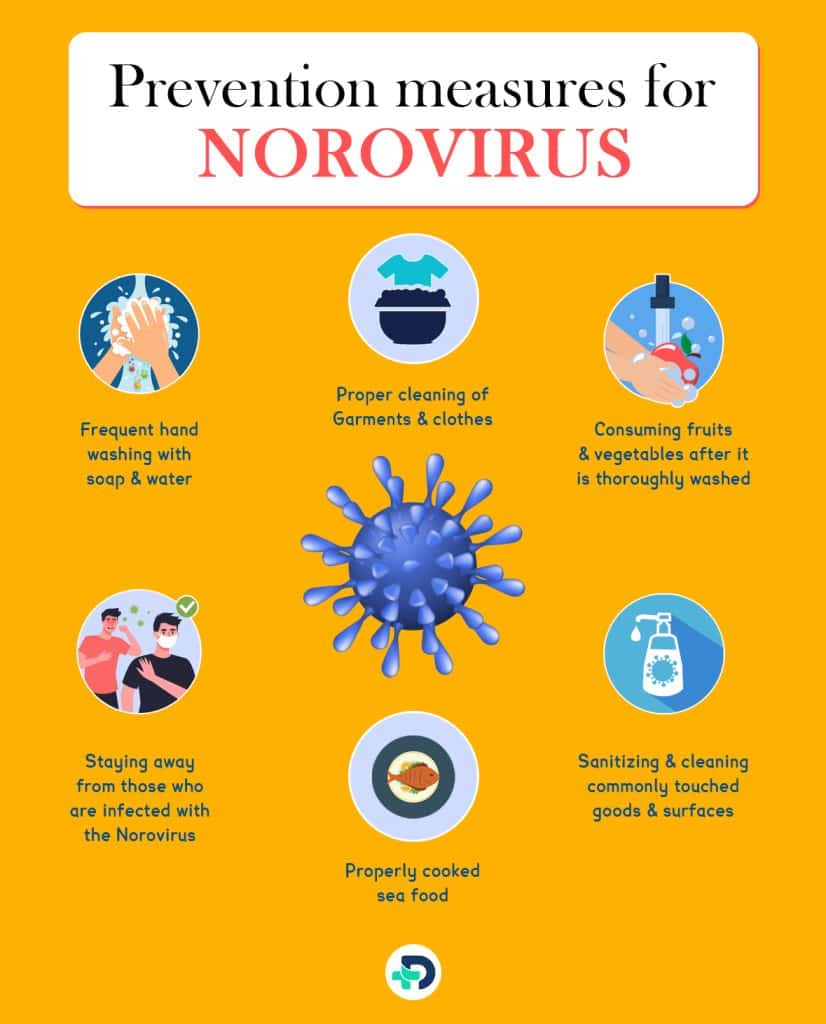
Norovirus prevention measures
The following are a few measures that can be followed to lower the chance of contracting the Norovirus, which includes:
- Frequent hand washing with soap and water.
- Consuming fruits and vegetables after it is thoroughly washed
- Ensuring the food is properly prepared (at least 145°F, or 62.77°C), especially when it comes to seafood or shellfish.
- Staying away from those who are infected with the Norovirus.
- Sanitizing and cleaning commonly touched goods and surfaces.
- Washing the garments/clothes in-depth, particularly if they’re dirty.
Despite the fact that hand sanitizers can be used for disinfection (as a preventive measure), they are not a replacement for washing hands with soap and water because they are less effective. If a person has a Norovirus illness, it is advisable that the infected person refrains from making meals or care for others because there is a high risk of infection spread.3Prevention| Researched based study from Clevelandclinic.org
Home Remedies
Home remedies for Norovirus
The goal of home remedies is to treat symptoms without making them worse. This makes a person feel better and provides time for the body to battle the infection.
The following natural treatments could reduce the symptoms of gastroenteritis which includes:
- Consuming fewer cereals, breads, potatoes, and/or lean meats
- Consuming fresh fruit, vegetables, yogurt, and/or bananas
- Avoiding fruit drinks (particularly apple juice), soda, and cola as these drinks won’t replenish the lost nutrients but instead, aggravate diarrhea.4Home remedies| Researched based study from Medlineplus.gov
Complications
Complications of Norovirus
Dehydration is the complication associated with Norovirus infection that occurs due to diarrhea and vomiting in an affected person.
Dehydration is assessed by signs that include the following:
- Black urine
- Urinating less
- Experiencing dry mouth
- Being weak or lightheaded
- Headache.3Complications| Researched based study from Clevelandclinic.org
When to seek medical help?
- If the afflicted person is unable to ingest food or liquids, the doctor should be consulted right away. Dehydration is a Norovirus consequence that can happen as a result of diarrhea and vomiting which needs to be managed immediately.3Complications| Researched based study from Clevelandclinic.org
Prognosis
Prognosis of Norovirus
- Usually, Norovirus infections go away on their own, without any negative effects.
- The most common symptoms are severe nausea and vomiting, which last for a few days until the virus has run its course.
- The disease is typically transient and has no lasting repercussions with a very good prognosis.3Prognosis| Researched based study from Clevelandclinic.org
Takeaway
Takeaway tips
- Norovirus is a sudden and unpleasant viral infection
- Diarrhea, nausea, and vomiting are the most common symptoms associated with the infection
- Dehydration is a complication of Norovirus which should be treated by consuming a lot of liquids, particularly those that contain electrolytes
- Instead of eating three or four large meals during the day, the affected person should try to eat and drink tiny nibbles or sips more regularly
- It has a good prognosis with infection lasting only for a few days. If the symptoms of infection persist for more than three days, then it is advisable to consult a healthcare professional for management
- In order to stop the illness from spreading, preventive measures should be followed especially washing hands with soap and water.
Any feedback on this article?
 This Articles content was accurate
This Articles content was accurate Very Informative Article
Very Informative Article I have a question or a comment
I have a question or a comment
 This article contains inaccurate content
This article contains inaccurate content This article was not helpful
This article was not helpful I have a question or a comment
I have a question or a comment
We appreciate your helpful feedback!
Checkout our social pages
References
-
Centers for Disease Control and Prevention
Norovirus | Overview | Transmission | Symptoms
-
National Health Service
Norovirus (vomiting bug) | Overview
-
Cleveland Clinic
Norovirus | Overview | Diagnosis | Treatment | Prevention | Prognosis | Complications
-
MedlinePlus
Viral gastroenteritis (stomach flu) | Home remedies













